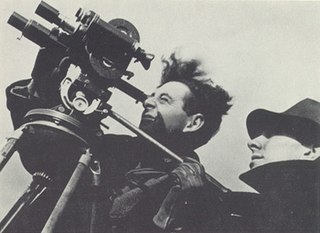A Quote by John Searle
Where questions of style and exposition are concerned I try to follow a simple maxim: if you can't say it clearly you don't understand it yourself.
Related Quotes
The ability of nonintelligent people to understand the most complicated mechanisms and to use them has always been to me a cause of astonishment: their inability to understand simple questions is even more astonishing. The general acceptance of simple ideas is difficult and rare, and yet it is only when simple, fundamental, ideas have been accepted that further progress becomes possible on a higher level.
The complexities of adult life get in the way of the truth. The great philosophers have always been able to clear away the complexities and see simple distinctions - simple once they are stated, vastly difficult before. If we are to follow them we too must be childishly simple in our questions - and maturely wise in our replies.
If you are uninterested in what I say, there's an end to it. If you like what I say, please try to understand which previous influences have made you like it. If you like some of the things I say, and dislike others, you could try to understand why. If you dislike all I say, why not try to find out what formed your attitude?
If you have to prove a theorem, do not rush. First of all, understand fully what the theorem says, try to see clearly what it means. Then check the theorem; it could be false. Examine the consequences, verify as many particular instances as are needed to convince yourself of the truth. When you have satisfied yourself that the theorem is true, you can start proving it.
The positivists have a simple solution: the world must be divided into that which we can say clearly and the rest, which we had better pass over in silence. But can anyone conceive of a more pointless philosophy, seeing that what we can say clearly amounts to next to nothing? If we omitted all that is unclear, we would probably be left completely uninteresting and trivial tautologies.
Artemis: "Right, brothers. Onward. Imagine yourself seated at a cafe in Montmartre." Myles: "In Paris." Artemis: "Yes, Paris. And try as you will, you cannot attract the waiter's attention. What do you do?" Beckett: "Umm...tell Butler to jump-jump-jump on his head?" Myles: "I agree with simple-toon." Artemis: "No! You simply raise one finger and say clearly 'ici, garcon.'" Beckett: "Itchy what?







































